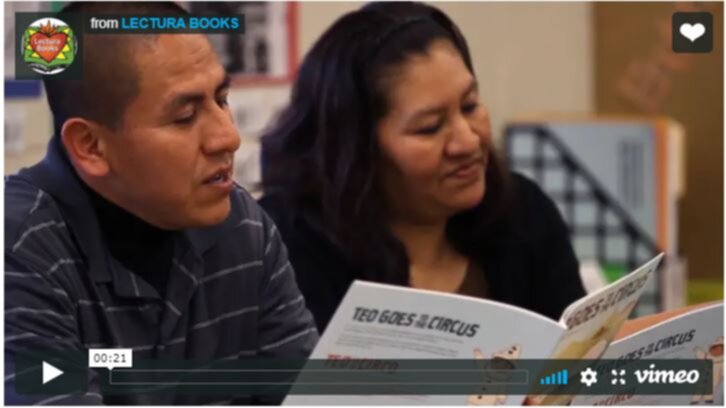Socio-economic capital is a highly valuable resource. Having social capital is vital in the success of parental involvement and academic success. Socio-economic capital is an integral part of parental involvement and the home/school partnership. Research shows that having socio-economic capital gives middle and upper class parents the ability to engage in parental involvement in their children’s academic pursuits. Therefore, working-class or English Learner parents don’t have the socio-economic capital to efficiently engage in parental involvement.
Socio-economic capital works through social connections and networks, as well as information derived through experiences and connections. Through these connections, parents are able to advocate for their children in meaningful ways that can influence and contribute to their children’s academic success. It is believed that parents can transmit social capital to their children through contact with them during activities and conversations. Strong bonds between parents and children help to nurture social capital.
Socio-economic capital takes on the form of parental involvement. Additionally, it can help parents to influence teachers and school officials, as they are able to attend teacher/parent meetings and partake in homework help. Therefore, schools must help lower income and English Learner parents achieve social capital levels that will allow them to become more involved in their children’s education. Schools must become more culturally sensitive in order to create a more conducive atmosphere for parental involvement.
School officials and teachers should foster partnerships between the school setting and English Learner parents and students. Teachers must incorporate activities that empower parents from diverse backgrounds with materials that will promote cultural and social capital. Additionally, school officials and teachers should provide information regarding school policies and activities that will facilitate parental involvement.
The Latino Literacy Project offers school educators, teachers, and English learner parents webinars and in-person workshops that can help to provide the much needed social capital that parents need in order to feel adequate enough to become involved in their children’s education. In addition to guidance on acquiring social capital, the Latino Family Literacy Project helps English Learner parents to navigate through the school system.

